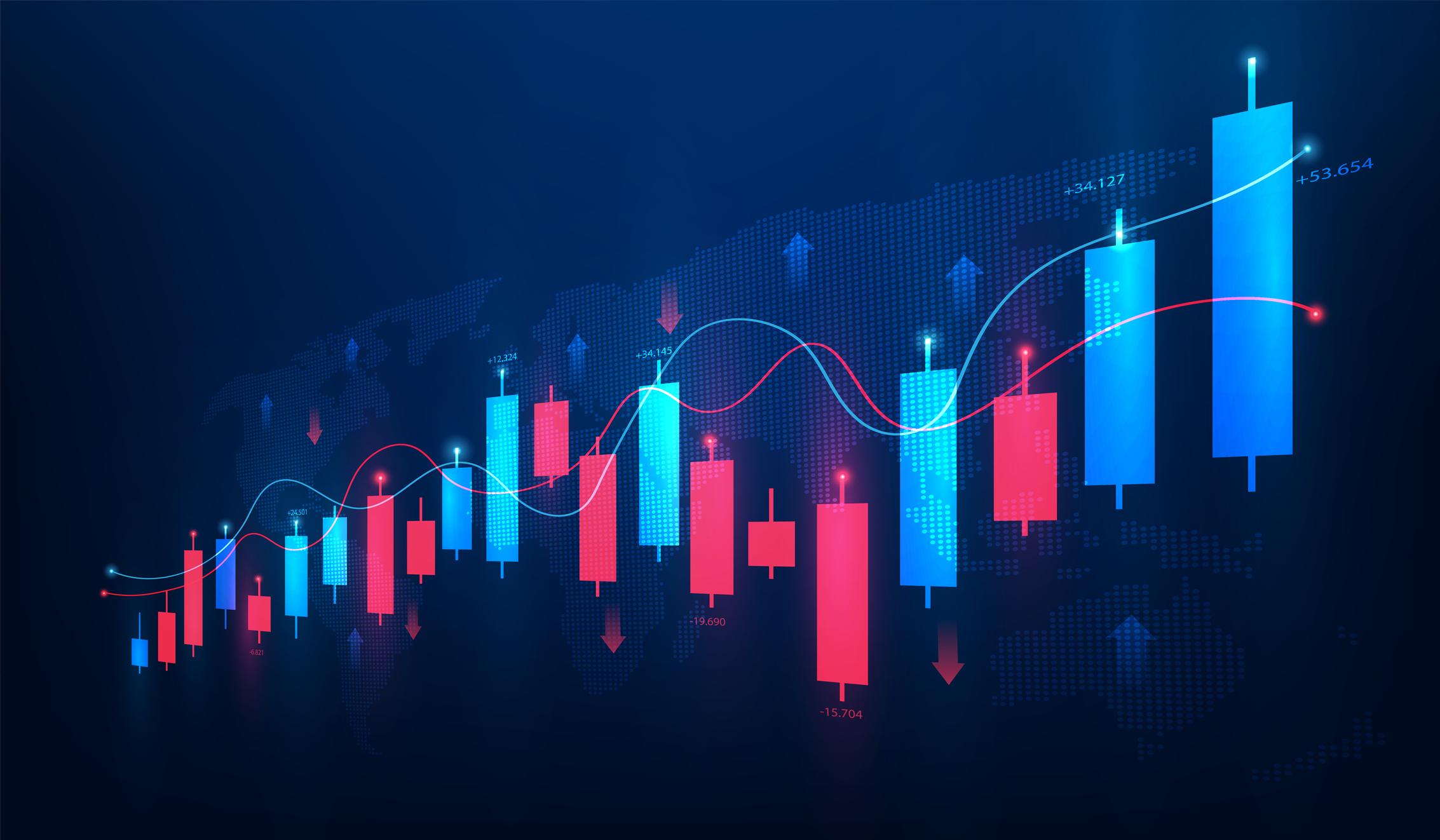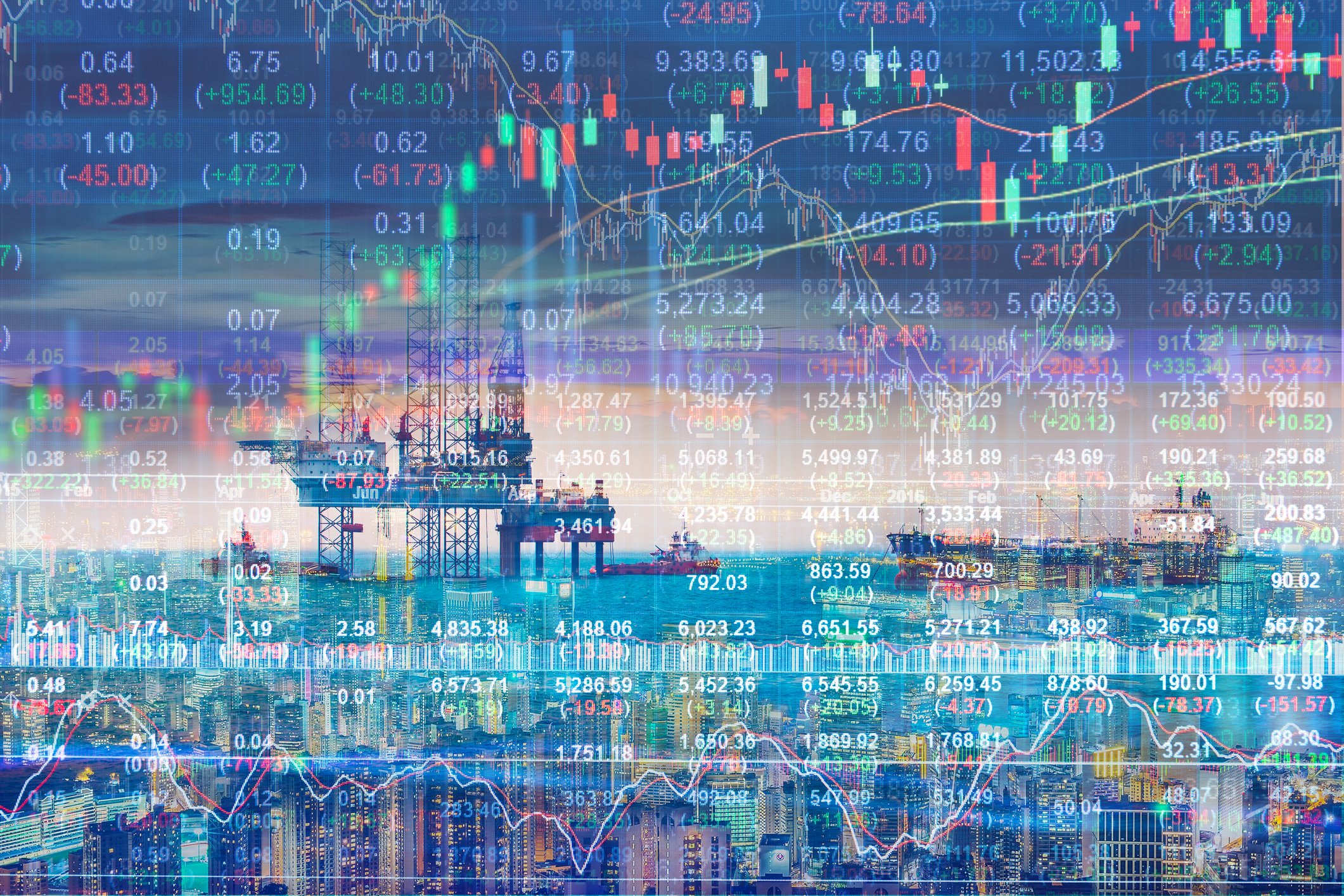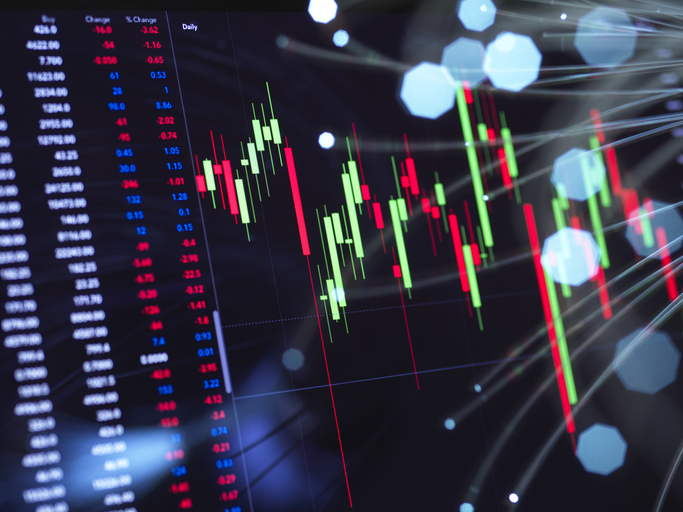Companies With A LOT of Cash
These five household names have the resources to survive a long recession -- which makes their shares appealing.
Profit and prosper with the best of Kiplinger's advice on investing, taxes, retirement, personal finance and much more. Delivered daily. Enter your email in the box and click Sign Me Up.
You are now subscribed
Your newsletter sign-up was successful
Want to add more newsletters?

Delivered daily
Kiplinger Today
Profit and prosper with the best of Kiplinger's advice on investing, taxes, retirement, personal finance and much more delivered daily. Smart money moves start here.

Sent five days a week
Kiplinger A Step Ahead
Get practical help to make better financial decisions in your everyday life, from spending to savings on top deals.

Delivered daily
Kiplinger Closing Bell
Get today's biggest financial and investing headlines delivered to your inbox every day the U.S. stock market is open.

Sent twice a week
Kiplinger Adviser Intel
Financial pros across the country share best practices and fresh tactics to preserve and grow your wealth.

Delivered weekly
Kiplinger Tax Tips
Trim your federal and state tax bills with practical tax-planning and tax-cutting strategies.

Sent twice a week
Kiplinger Retirement Tips
Your twice-a-week guide to planning and enjoying a financially secure and richly rewarding retirement

Sent bimonthly.
Kiplinger Adviser Angle
Insights for advisers, wealth managers and other financial professionals.

Sent twice a week
Kiplinger Investing Weekly
Your twice-a-week roundup of promising stocks, funds, companies and industries you should consider, ones you should avoid, and why.

Sent weekly for six weeks
Kiplinger Invest for Retirement
Your step-by-step six-part series on how to invest for retirement, from devising a successful strategy to exactly which investments to choose.
The market panic that has sliced 42% off the value of Standard & Poor's 500-stock index since October 9, 2007, makes us particularly eager for an extra margin of safety when deciding what stocks to buy now. And there's nothing that gives us quite as much comfort as a company with $10 billion or more of cash stashed away.
Companies with 11-figure war chests usually don't have to worry about surviving a prolonged recession (General Motors and Ford may be exceptions). Instead, they can take the opportunity to increase their competitive advantage by using their cash to make acquisitions, pay down debt, and invest in new products and expand into new markets. They can also support their stock prices by buying back shares or boosting dividends.
To accumulate so much cash, a company often has to have a dominant position in its market. Such stocks usually don't come cheap. But here are five that are trading well below their historic price-earnings ratios.
From just $107.88 $24.99 for Kiplinger Personal Finance
Become a smarter, better informed investor. Subscribe from just $107.88 $24.99, plus get up to 4 Special Issues

Sign up for Kiplinger’s Free Newsletters
Profit and prosper with the best of expert advice on investing, taxes, retirement, personal finance and more - straight to your e-mail.
Profit and prosper with the best of expert advice - straight to your e-mail.
An abundance of cash leaves ExxonMobil (symbol XOM) less vulnerable than most of its competitors to swings in crude-oil prices. The world's largest nongovernmental oil company has $40 billion worth of cash on its books and generates another $50 billion in cash annually from its operations. That money is carefully channeled to new exploration (about $21 billion last year), dividends ($36 billion over the past five years) and share buybacks (20% of outstanding shares have been retired over the past five years).
Although crude-oil prices have fallen almost by half since July, ExxonMobil shares have held up relatively well. At their October 21 close of $64.57, the shares are off 33% from their May peak, and they trade at just 7.5 times next year's expected earnings of $8.57 per share. The stock yields 2.5%.
An anticipated slowdown in demand for network-infrastructure projects has depressed shares of Cisco Systems (CSCO), which are off 49% from a year ago. At $17.41, they change hands for just 10.5 times expected earnings of $1.65 per share for the fiscal year that ends next July. Yet when demand returns, as it surely will, the networking giant is likely to continue dominating every segment of the market in which it competes.
With $19 billion in cash reserves (after subtracting $7 billion in debt) and another $3 billion in annual free cash flow (cash plus noncash expenses, minus money reinvested in its business), Cisco has the wherewithal to scoop up competitors and move into new and more-profitable segments of its market.
Apple (AAPL) has $24.5 billion in cash and produced free cash flow of $8.5 billion in the fiscal year that ended September 30. Yet the maker of the ubiquitous iPod has never been particularly willing to share the wealth with investors. It pays no dividend and doesn't repurchase significant amounts of stock.
No matter. The cash is just one more reason to consider investing in this innovative company at a time when its shares are relatively inexpensive. At $96.87, they've lost 52% of their value since late December and trade for 17 times expected earnings of $5.73 per share for the fiscal year that ends next September. Subtract the $27 per share in cash holdings, and the adjusted P/E is just 12 for a stock that has years of double-digit earnings growth ahead. After the market closed on October 21, Apple announced that profits for the quarter that ended September 27 were up 20% from a year ago. On October 22, another miserable day for the market, Apple shares leaped 5.9%.
Remember when Google (GOOG) was trading for more than 30 times next year's earnings? Today, its P/E is less than 16, a rather ordinary figure for a company that controls nearly two-thirds of the global Internet-search market. Subtract $46 per share in cash from its share price of $355.67, and its business operations are trading for less than 14 times next year's expected earnings of $22.65 a share.
Granted, breakneck growth has slowed. But analysts are still forecasting better-than-20% profit growth over the next five years.
Google is still pretty much a one-trick pony -- nine-tenths of its revenue comes from its Internet-search operation. But the company can invest its $14-billion cash reserve in research and new ventures that may one day add significantly to its profits.
Pfizer (PFE) shares have gone nowhere for ages, so it's easy to overlook the fact that the drug giant remains highly profitable. It generates more than $10 billion annually of free cash flow and has raised its dividend annually for more than 40 years (and at a rate of 17% annually over the past ten years).
At a price of $16.74, the $1.28 annual dividend translates into a whopping 7.6% yield. Investors are being paid well to wait while the company cuts costs and invests in new growth projects. Pfizer's $26 billion in the bank (partially offset by about $17 billion in debt) can give shareholders confidence that the company's streak of annual dividend increases will remain intact. (For more on Pfizer, see Mr. Market Is Stupid.)
Profit and prosper with the best of Kiplinger's advice on investing, taxes, retirement, personal finance and much more. Delivered daily. Enter your email in the box and click Sign Me Up.
-
 How Much It Costs to Host a Super Bowl Party in 2026
How Much It Costs to Host a Super Bowl Party in 2026Hosting a Super Bowl party in 2026 could cost you. Here's a breakdown of food, drink and entertainment costs — plus ways to save.
-
 3 Reasons to Use a 5-Year CD As You Approach Retirement
3 Reasons to Use a 5-Year CD As You Approach RetirementA five-year CD can help you reach other milestones as you approach retirement.
-
 Your Adult Kids Are Doing Fine. Is It Time To Spend Some of Their Inheritance?
Your Adult Kids Are Doing Fine. Is It Time To Spend Some of Their Inheritance?If your kids are successful, do they need an inheritance? Ask yourself these four questions before passing down another dollar.
-
 If You'd Put $1,000 Into AMD Stock 20 Years Ago, Here's What You'd Have Today
If You'd Put $1,000 Into AMD Stock 20 Years Ago, Here's What You'd Have TodayAdvanced Micro Devices stock is soaring thanks to AI, but as a buy-and-hold bet, it's been a market laggard.
-
 If You'd Put $1,000 Into UPS Stock 20 Years Ago, Here's What You'd Have Today
If You'd Put $1,000 Into UPS Stock 20 Years Ago, Here's What You'd Have TodayUnited Parcel Service stock has been a massive long-term laggard.
-
 How the Stock Market Performed in the First Year of Trump's Second Term
How the Stock Market Performed in the First Year of Trump's Second TermSix months after President Donald Trump's inauguration, take a look at how the stock market has performed.
-
 Dow, S&P 500 Rise to New Closing Highs: Stock Market Today
Dow, S&P 500 Rise to New Closing Highs: Stock Market TodayWill President Donald Trump match his Monroe Doctrine gambit with a new Marshall Plan for Venezuela?
-
 'Donroe Doctrine' Pumps Dow 594 Points: Stock Market Today
'Donroe Doctrine' Pumps Dow 594 Points: Stock Market TodayThe S&P 500 rallied but failed to turn the "Santa Claus Rally" indicator positive for 2026.
-
 If You'd Put $1,000 Into Lowe's Stock 20 Years Ago, Here's What You'd Have Today
If You'd Put $1,000 Into Lowe's Stock 20 Years Ago, Here's What You'd Have TodayLowe's stock has delivered disappointing returns recently, but it's been a great holding for truly patient investors.
-
 If You'd Put $1,000 Into 3M Stock 20 Years Ago, Here's What You'd Have Today
If You'd Put $1,000 Into 3M Stock 20 Years Ago, Here's What You'd Have TodayMMM stock has been a pit of despair for truly long-term shareholders.
-
 Stocks Chop as the Unemployment Rate Jumps: Stock Market Today
Stocks Chop as the Unemployment Rate Jumps: Stock Market TodayNovember job growth was stronger than expected, but sharp losses in October and a rising unemployment rate are worrying market participants.